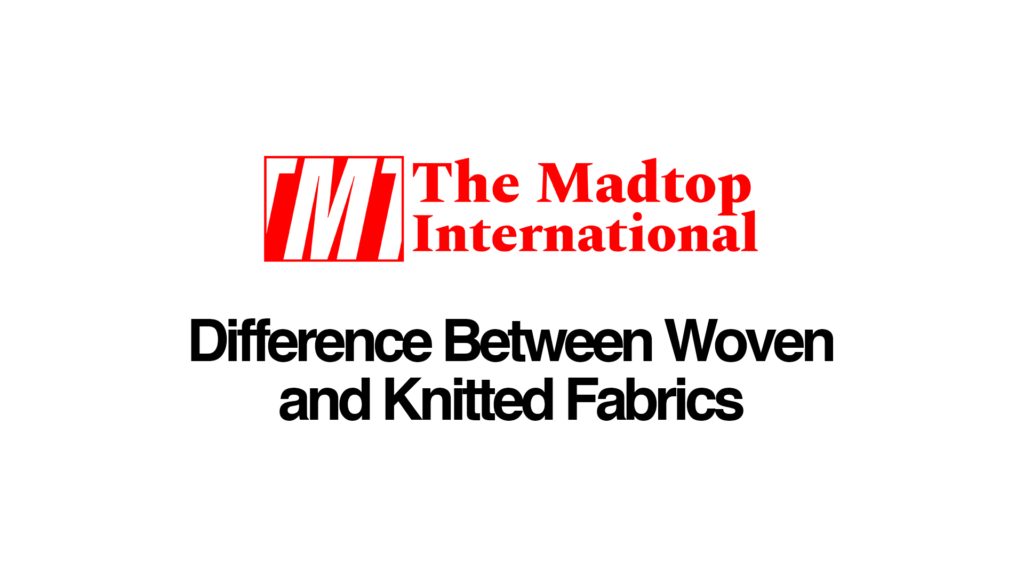Table of Contents
How to Identify High-Quality Cotton Fabric for Bulk Orders
When sourcing cotton fabric in bulk, ensuring high quality is essential for businesses involved in textile exports, garment manufacturing, and home textiles. Poor-quality fabric can lead to customer complaints, product returns, and financial losses. This guide will help you understand what makes cotton fabric high-quality and how to choose the best material for your needs.
1. Understanding Cotton Quality Grades
Cotton is categorized into different grades based on fiber length, strength, and purity. The higher the grade, the better the quality. When placing bulk orders for cotton fabric, you should check for the following:
- Extra-Long Staple Cotton (ELS): Premium quality cotton like Egyptian, Pima, and Supima is highly durable and soft.
- Long Staple Cotton: Commonly used in apparel and bed linens for a balance of quality and cost.
- Short Staple Cotton: Lower quality, prone to pilling and less durable.
If you’re sourcing fabric for premium clothing or luxury home textiles, opt for long-staple or extra-long staple cotton.
2. Checking the Fabric Weave and Thread Count
The way cotton fabric is woven impacts its texture, strength, and durability. Some common weaves include:
- Plain Weave: Lightweight, breathable, and ideal for casual wear and bed linens.
- Twill Weave: Stronger and more durable, used in denim and workwear.
- Sateen Weave: Has a silky texture, often used in luxury bedsheets.
Thread count (TC) refers to the number of threads per square inch of fabric.
- Higher thread count (200-800) = Softer and more durable fabric.
- Lower thread count (below 200) = Coarse and less durable.
For bulk textile orders, ask for the weave type and thread count to ensure quality consistency.
3. Conducting Fabric Strength and Durability Tests
When dealing with bulk textile exports, quality testing is crucial. Here are some simple ways to check fabric strength:
- Tensile Strength Test: Pull the fabric in opposite directions to see if it tears easily.
- Pilling Resistance: Rub the fabric with your hand to check if small balls form.
- Shrinkage Test: Wash a fabric sample and measure any shrinkage percentage.
- Wrinkle Test: Scrunch the fabric in your hand; high-quality cotton recovers quickly.
These tests help ensure durability and customer satisfaction when importing cotton fabric.
4. Evaluating Cotton Fabric’s Softness and Feel
Softness is a key factor in apparel, bed linen, and home textile exports. Some factors affecting softness include:
- Longer fibers = Softer fabric (e.g., Pima or Egyptian cotton).
- Mercerization process = Enhances softness and sheen.
- Finishing treatments = Chemical-free softening is preferred.
When ordering bulk cotton fabric from Pakistan, request samples to check the feel of the fabric before finalizing a deal.
5. Checking for Color Fastness and Dye Quality
In bulk cotton fabric orders, ensuring color retention is crucial. Poor dyeing leads to faded, dull-looking products. Check for:
- Rub Test: Rub a damp white cloth on the fabric to see if the dye transfers.
- Wash Test: Wash a sample in warm water to check for fading.
- Light Exposure Test: Leave the fabric in sunlight and check for discoloration.
Reliable textile exporters in Pakistan, like Madtop International, ensure that cotton fabric meets global colorfastness standards.
6. Ensuring Proper Fabric Weight (GSM) for Your Needs
GSM (grams per square meter) is an important measure of fabric thickness. Depending on your requirements:
- Lightweight cotton (100-150 GSM) – Ideal for shirts, dresses, and summer apparel.
- Medium-weight cotton (150-250 GSM) – Used in heavier clothing and upholstery.
- Heavyweight cotton (250+ GSM) – Suitable for denim, jackets, and industrial textiles.
Understanding GSM levels ensures that you get fabric suitable for your product line.
7. Looking for Certifications and Compliance Standards
When sourcing cotton fabric from international suppliers, certifications help ensure quality and ethical production. Important ones include:
- OEKO-TEX Standard 100 – Ensures fabric is free from harmful chemicals.
- GOTS (Global Organic Textile Standard) – Verifies organic cotton authenticity.
- ISO Certifications – Ensures fabric meets international quality standards.
- BCI (Better Cotton Initiative) – Ensures sustainable and ethical cotton sourcing.
Working with certified textile exporters in Pakistan, such as Madtop International, guarantees compliance with global quality standards.
8. Understanding Price vs. Quality in Bulk Orders
While low prices may be tempting, they often indicate lower quality fabric. When negotiating bulk cotton fabric orders, consider:
- Factory inspection: Visit suppliers or request third-party audits.
- Sample testing: Always order samples before placing bulk orders.
- Supplier reputation: Work with established Pakistan-based textile exporters with proven track records.
- Contract agreements: Ensure clear terms regarding fabric defects, delivery timelines, and refunds.
Reliable suppliers like Madtop International provide transparent pricing without compromising quality.
Conclusion
Identifying high-quality cotton fabric for bulk orders involves checking fiber type, weave, thread count, strength, softness, colorfastness, GSM, and certifications. By following these guidelines, you can source durable, premium cotton fabric that meets your business needs.
At Madtop International, we specialize in high-quality textile exports from Pakistan, ensuring premium cotton fabric with international standards. If you need trusted bulk cotton fabric suppliers, contact us today for samples and pricing!

